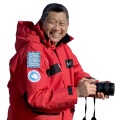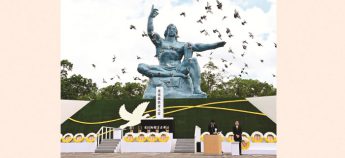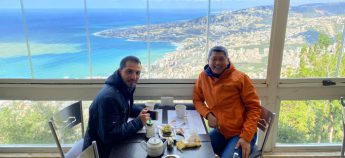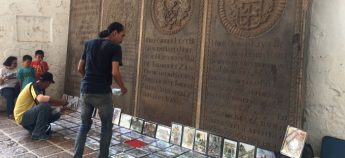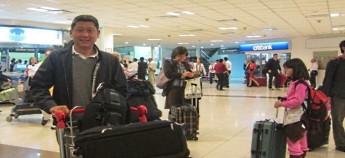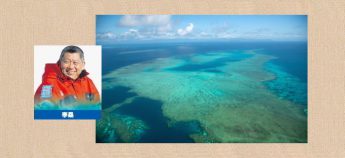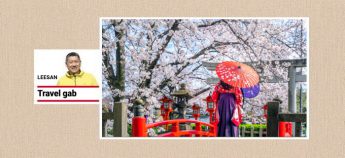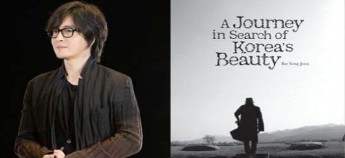A country’s slogan should reflect the nation and its people. Is Malaysia, ‘Truly Asia’?

I am quite impressed by Malaysia’s tourism slogan, “Truly Asia”, as I think it is an appropriate description.
“Amazing Thailand” and “Incredible India” capture and hold people’s attention, while Ethiopia calls itself the “Land of Origins”. Egypt goes by “Where It All Begins” and Peru is the “Land of Incas”. And then there’s “All You Need is Ecuador!”
All these nice slogans are meant to introduce each country and its people to the world. However, some tourists may find that these slogans don’t really go with the actual reality of the countries they visit.
These days, when you walk on the streets of New York, London, Sydney, Singapore, Tokyo, Dubai or any major city in the world, the locals are made up of a mixed group of people. They are of different nationalities who have become part of the society. They play important roles in the nation.
Within Malaysia’s tourism industry, many foreigners work in the hospitality and F&B sectors. When tourists visit hawker stalls in Kuala Lumpur’s famous Jalan Alor, they would assume that the workers who serve them are locals when in fact they are more likely to be Burmese. Is this what Truly Asia really means?
The world has changed – it’s something that everyone thinks of all the time. Undeniably, the world is now a melting pot of cultures and societies. And the main reason for this change is simply the migration of people from one continent to another. For example, the nations in Mauritius, Seychelles and Madagascar are formed of immigrants from India, Borneo and Africa.
Usually, when we travel, we are interested in exploring the culture of the natives. Such as the Maori in New Zealand, Amis in Taiwan, Sami in Finland and Ainu in Japan. But in some places, the indigenous people have become minorities in their own country.
In countries like Australia, Britain and the United States, immigrant communities congregate in places like Chinatown, Italy street, Middle Eastern town or Little India. Behind these touristy streets are migrants who, despite having to adapt to the new culture, are also adamant in keeping their roots. Their architecture, food and lifestyle are some of the things that they are able to retain.
For example, many Chinese youth are considered the “banana generation” – “bananas” being people who are weak in their own mother tongue and culture. These are the people who have assimilated into the melting pot of multi-cultural community.
In recent years, the immigration policies in various countries have changed. For example, Singapore has accepted many migrants from mainland China. In Finland, there is a growth in the mixed-raced second generation due to marriages with Thais and Vietnamese. Australia, the US and Britain have started retaining foreign graduates from universities. Middle Eastern countries and Japan have attracted the migration of Indian IT experts.
The mass influx of migrants has made it hard to recognise who comes from where. When I boarded a taxi in Manhattan, New York, the driver was Tanzanian. When I sat in a coffee shop in Singapore, the waiter was from mainland China. When I visited Qatar, almost all the services were run by migrant workers from more than 30 countries. In Australia, as I walked on the streets in a big city, I felt as though I was in Singapore.
I feel as though so many countries have lost their local identity. In the course of our travels, we need to manage our expectations. Otherwise, we have to slot in an additional itinerary to visit a cultural village specifically built to showcase local culture. One of these famous spots is Ainu Village in Hokkaido, which the Japan tourism authority has billed quite aptly – “Endless Discoveries” !Leesan, the founder of Apple Vacations, has travelled to 119 countries, six continents and enjoys sharing his travel stories and insights. He has also authored two books.
Leesan, the founder of Apple Vacations, has travelled to 119 countries, six continents and enjoys sharing his travel stories and insights. He has also authored two books.
Published in STAR 2, 8 DEC 2018
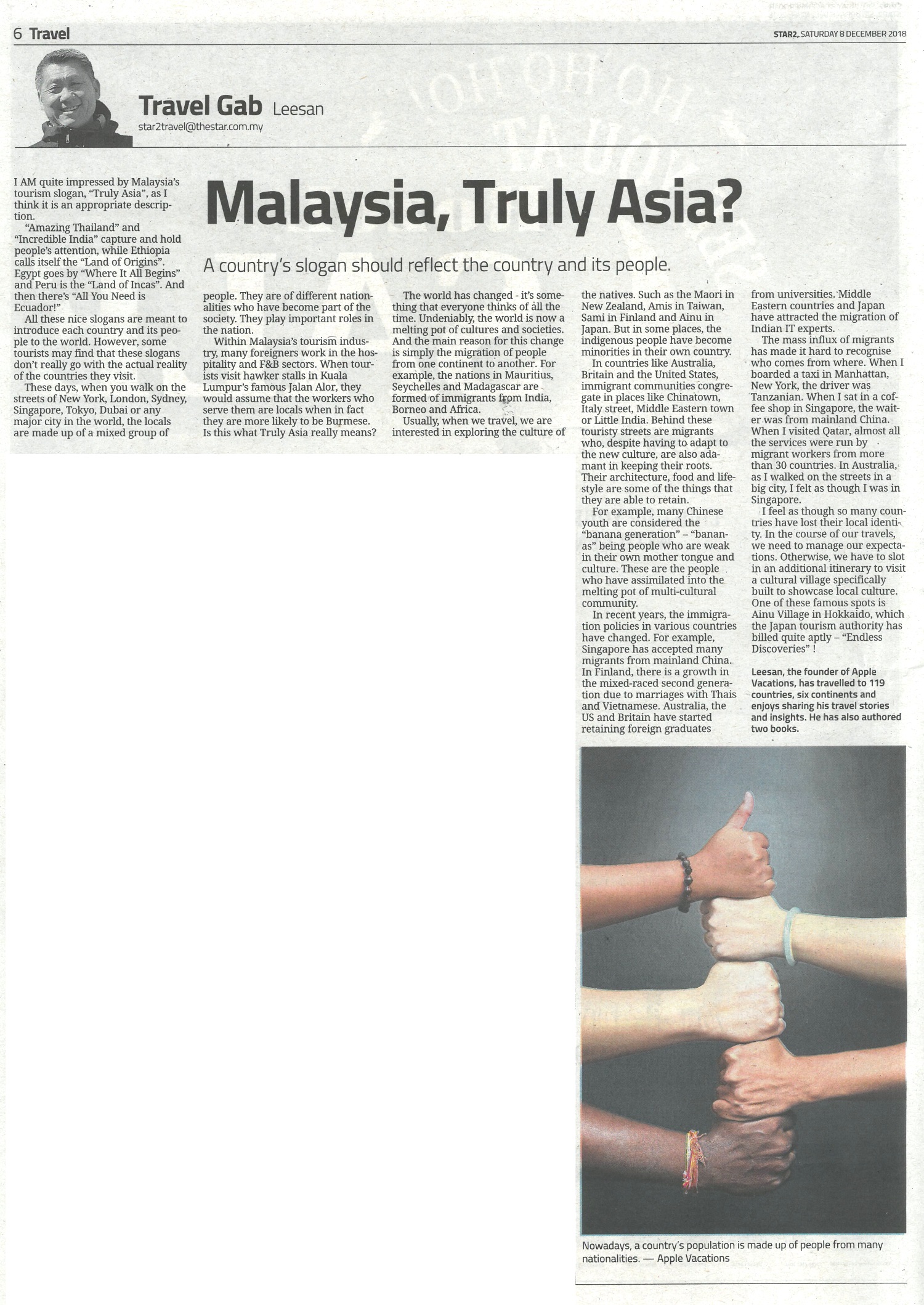
全球超过80000家酒店,Apple101助您轻松订房,出行无忧,绝对优惠价。入住期间付款,多数客房可免费取消!

